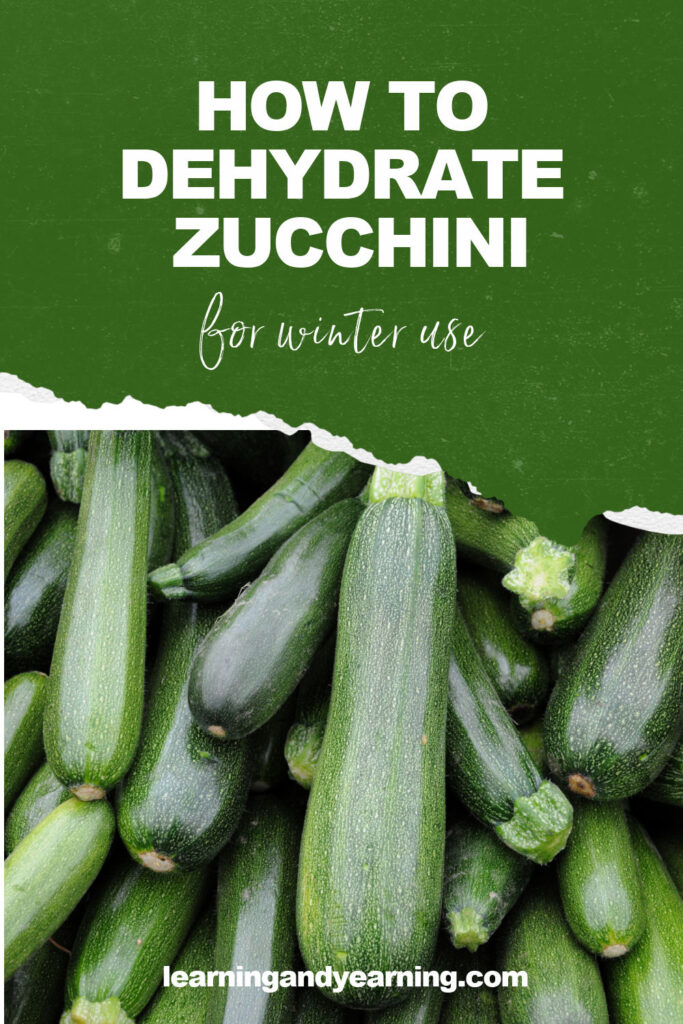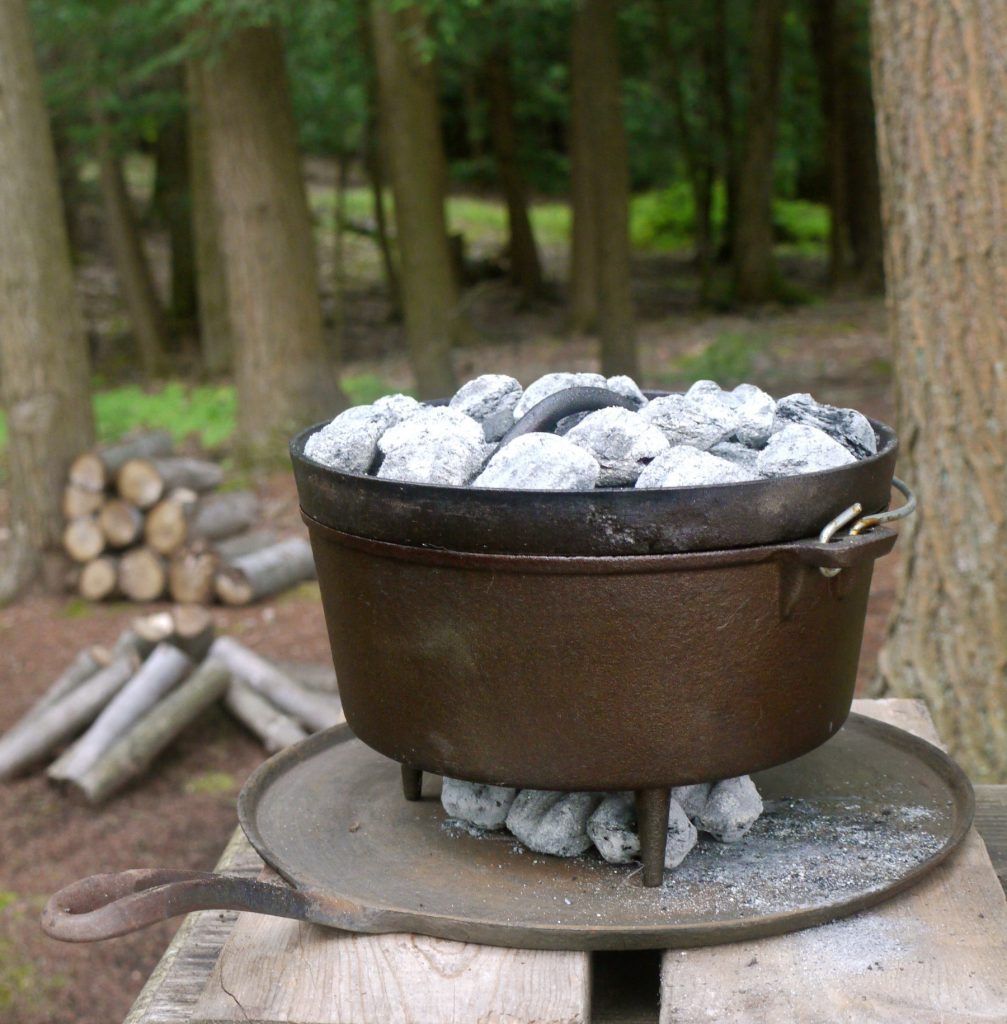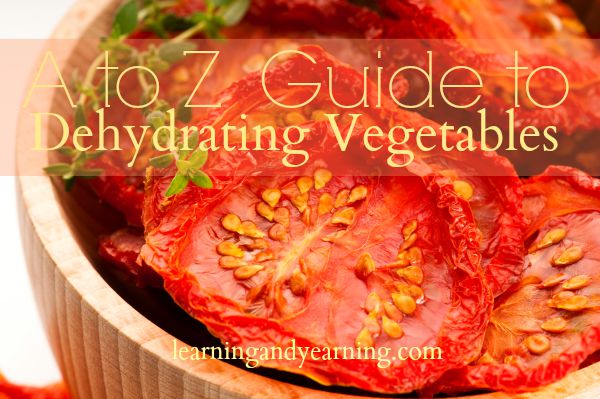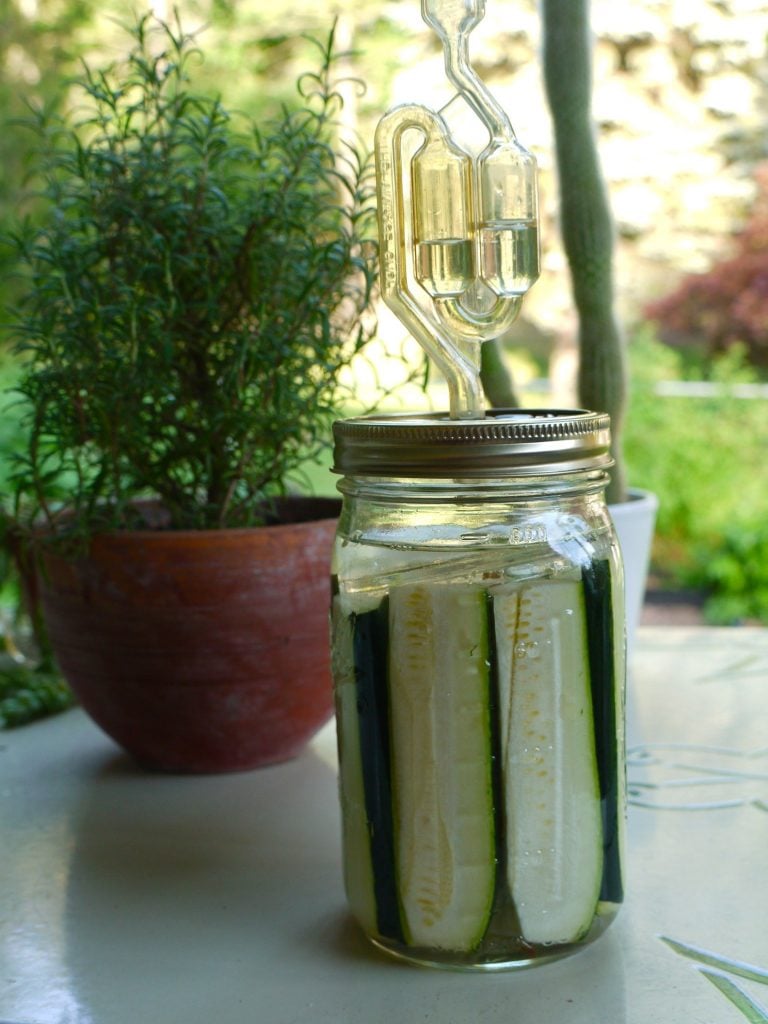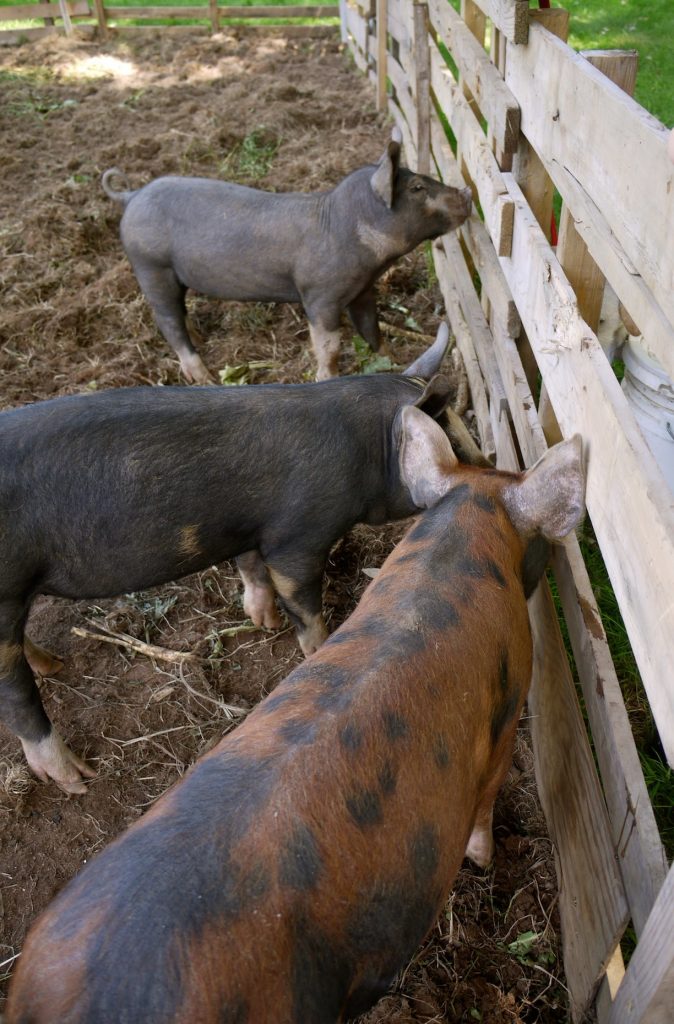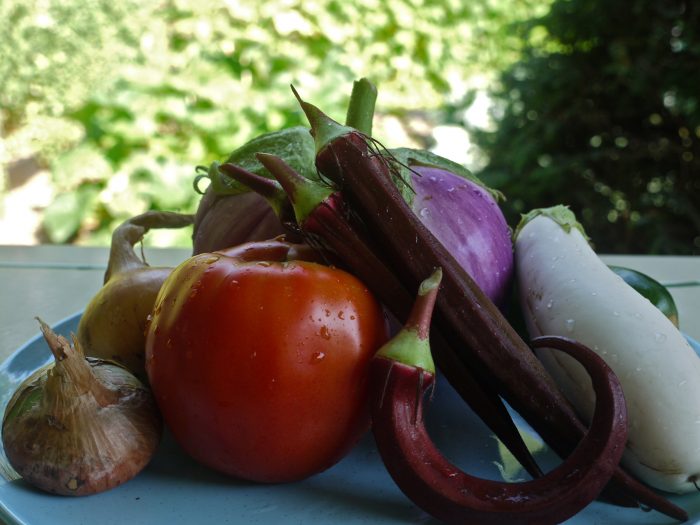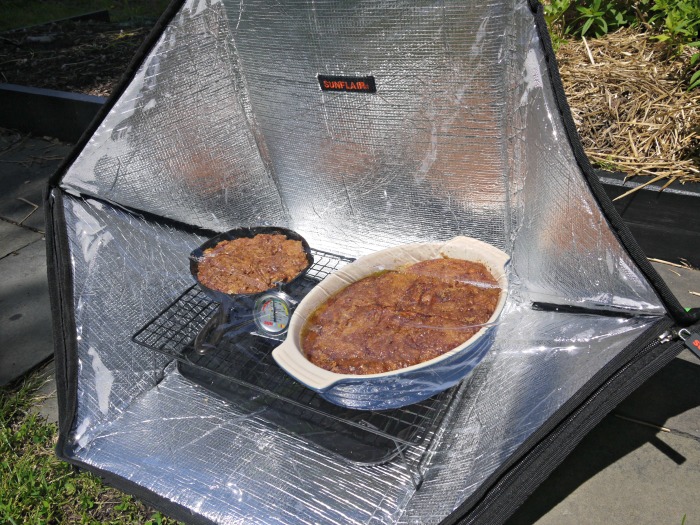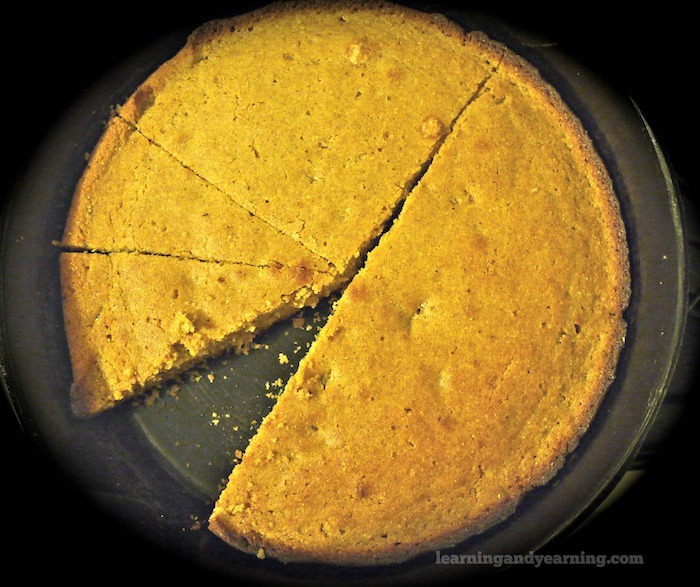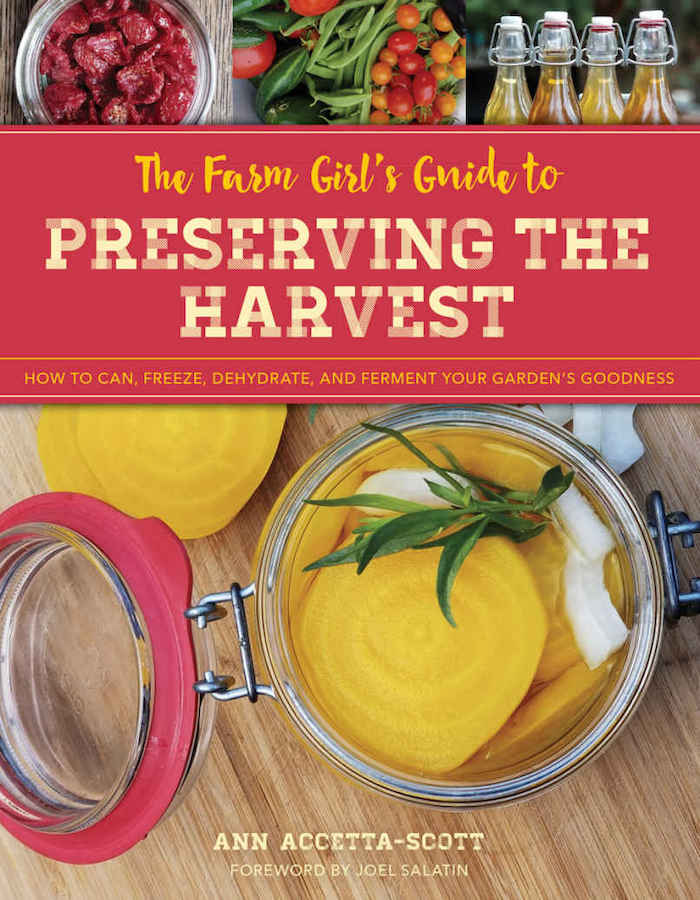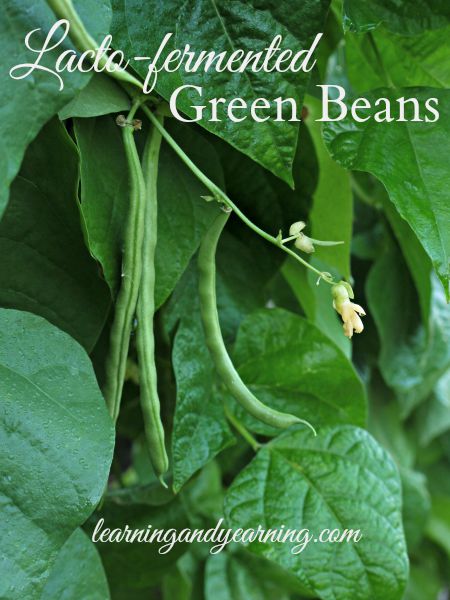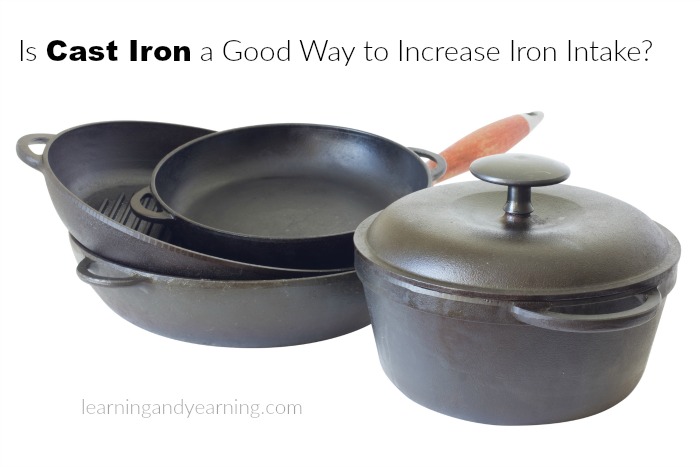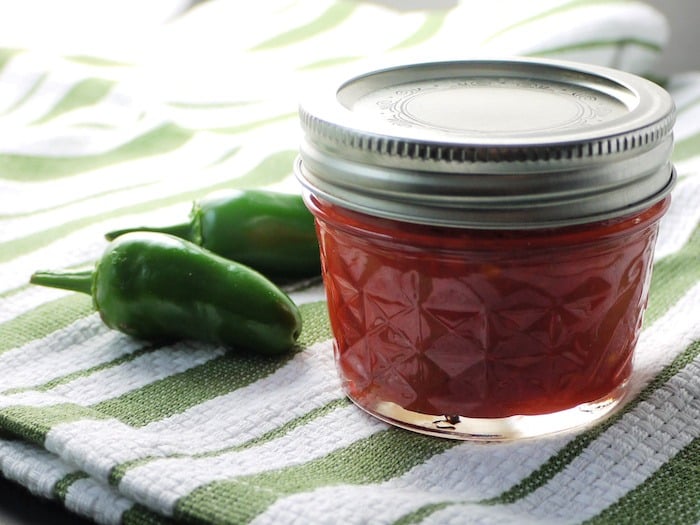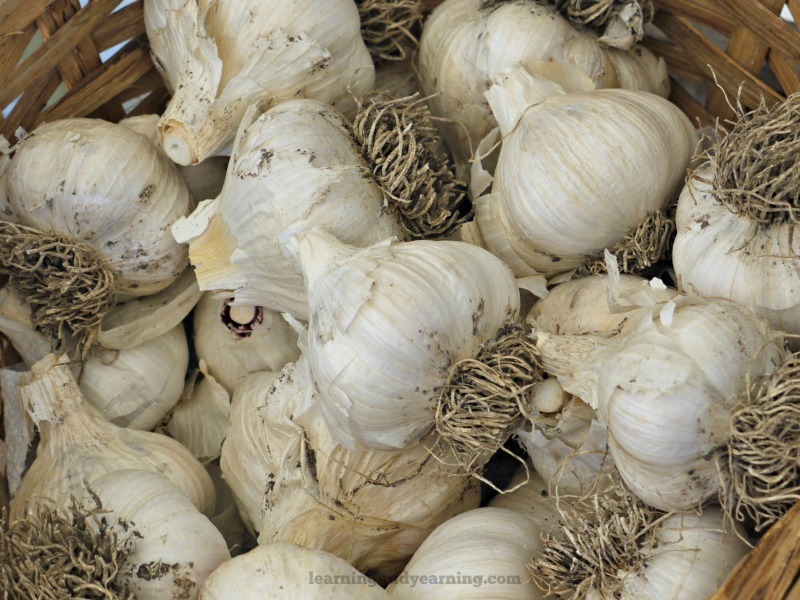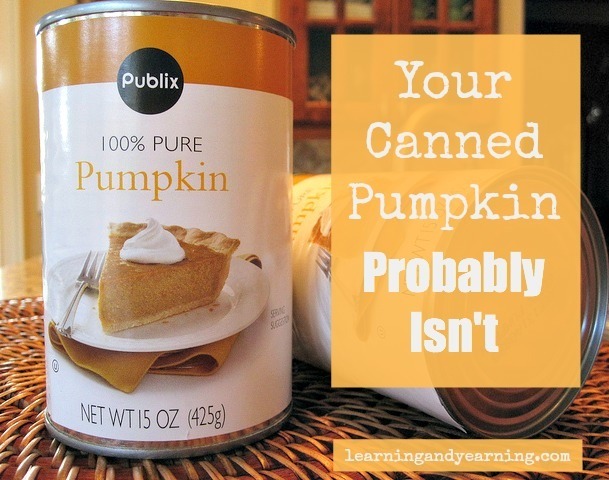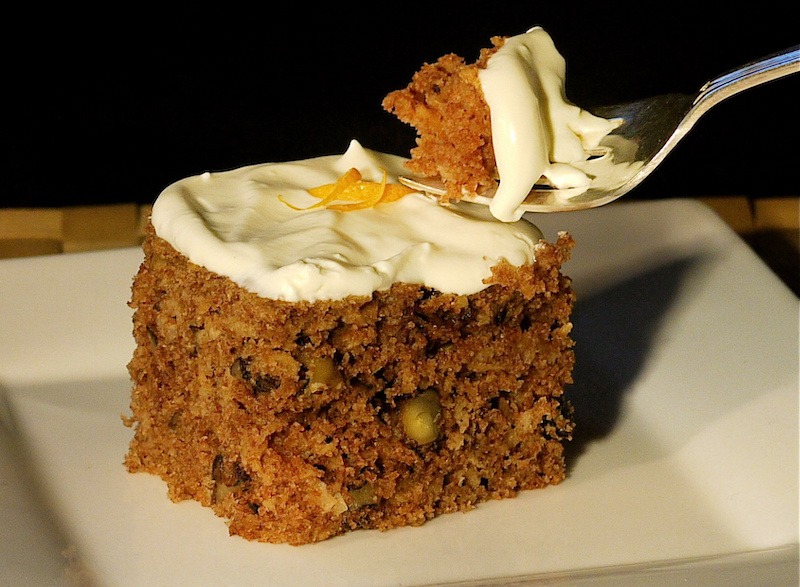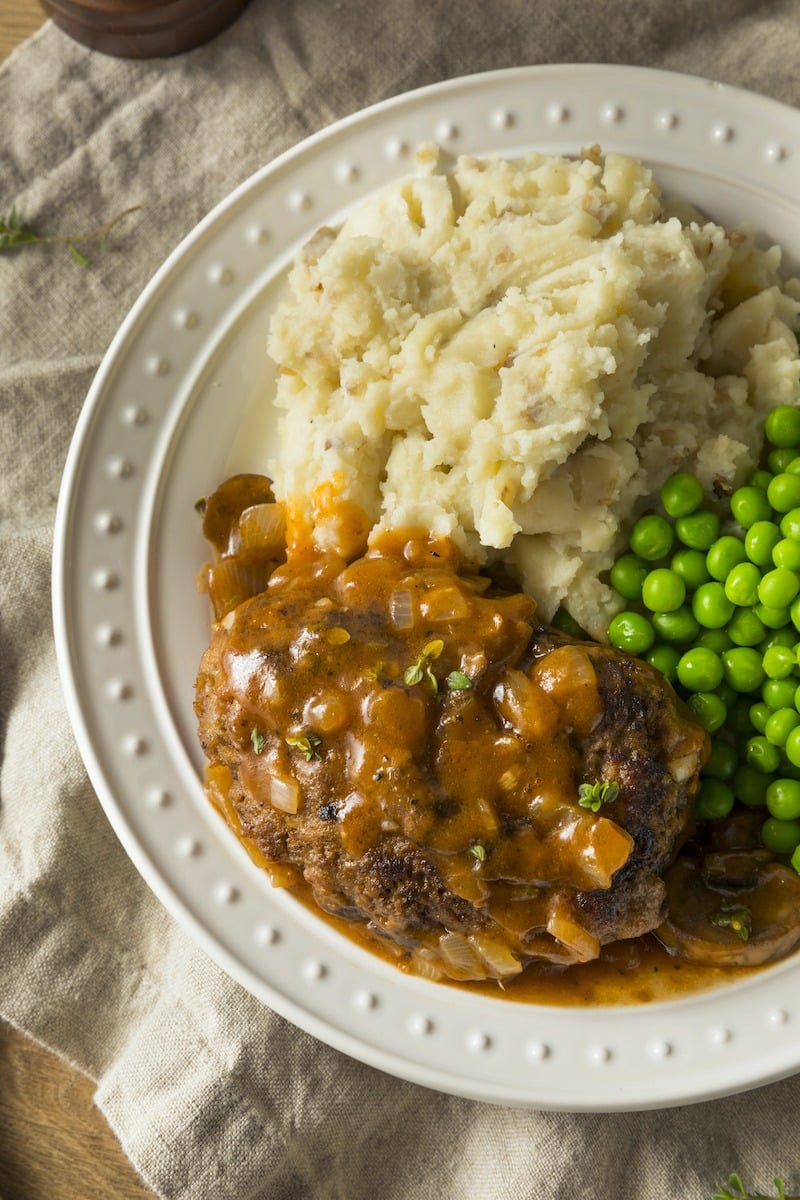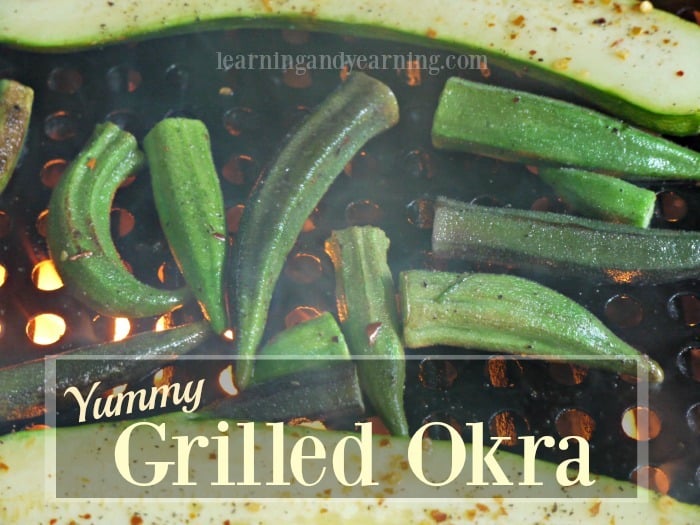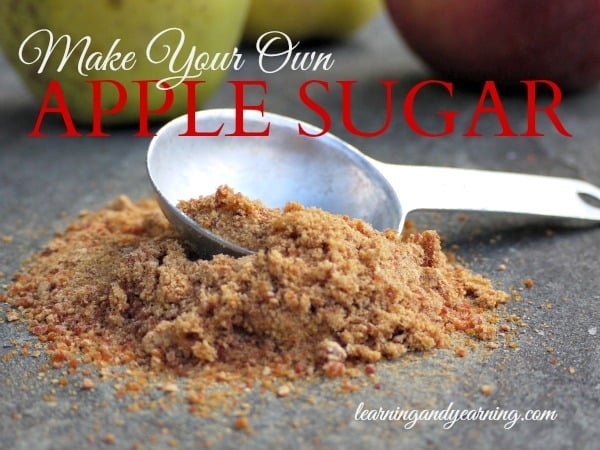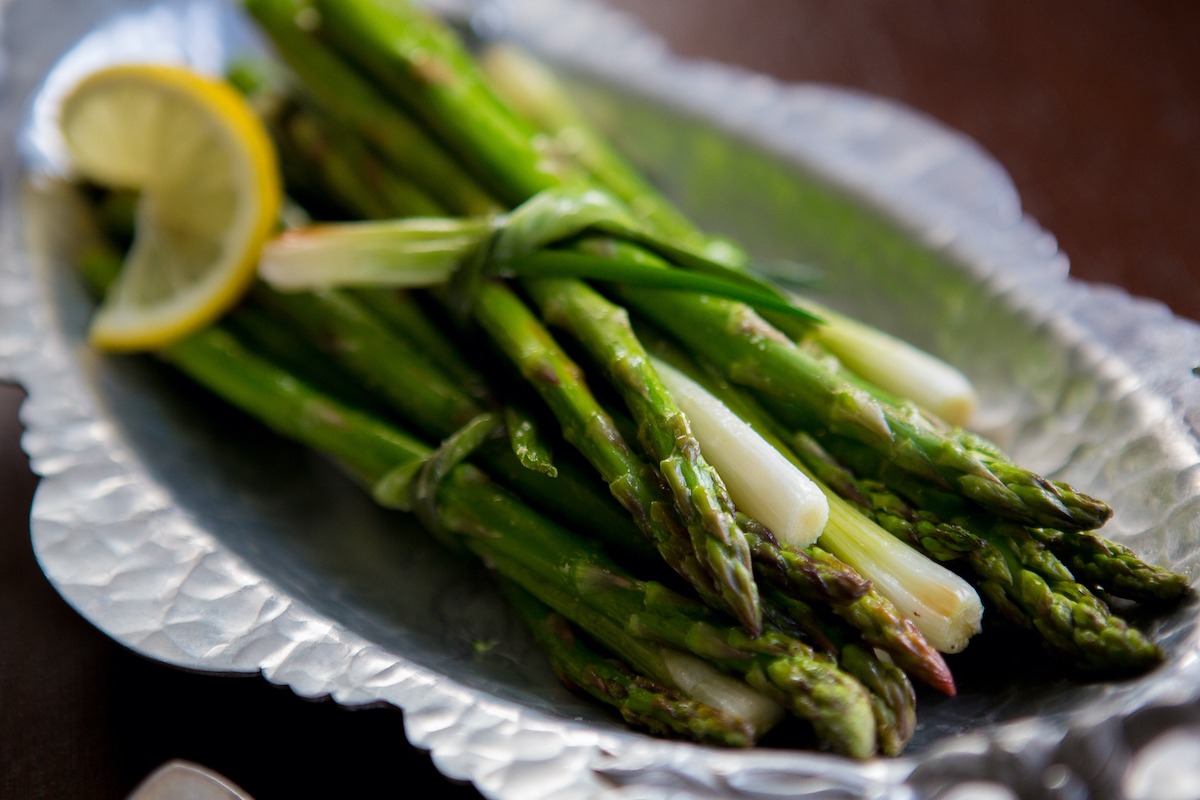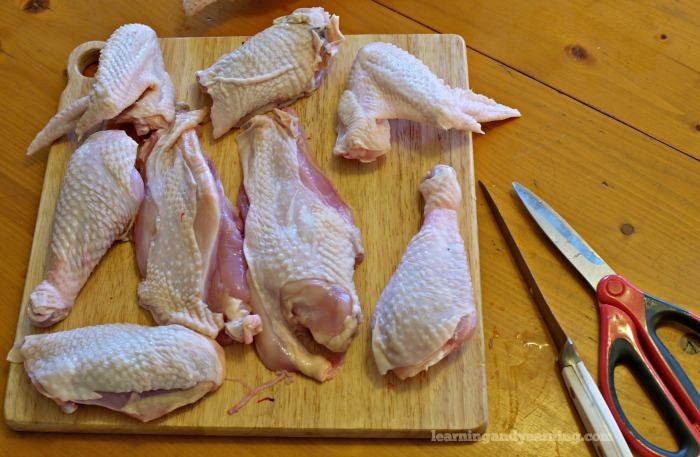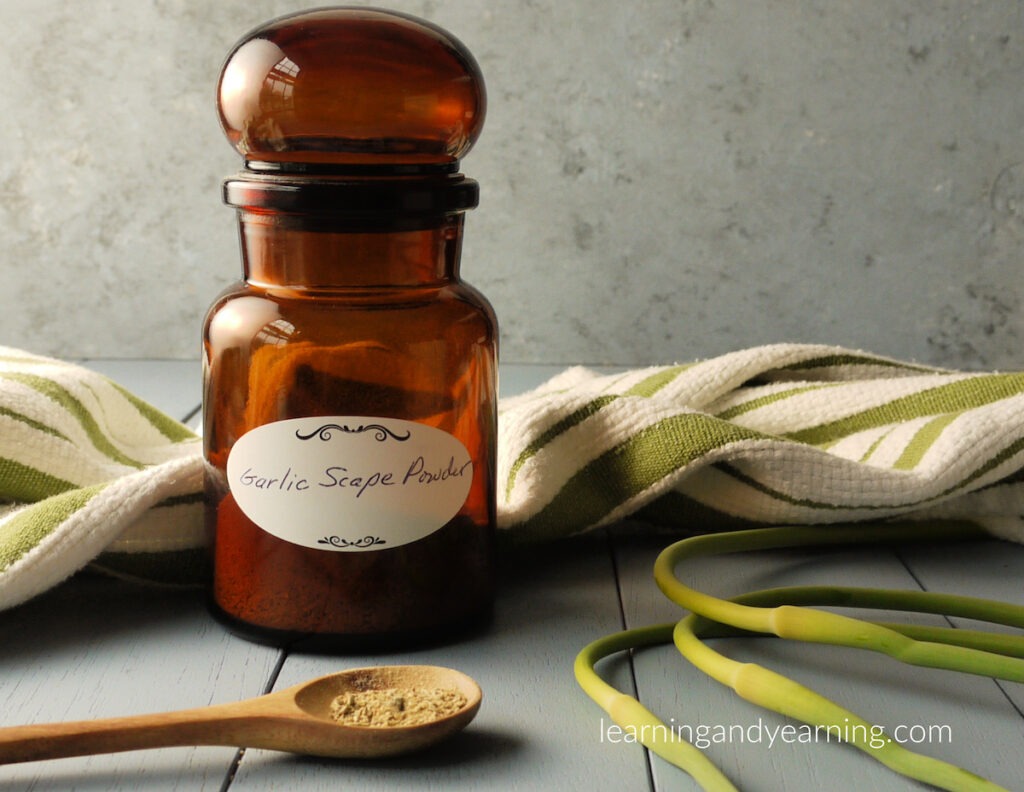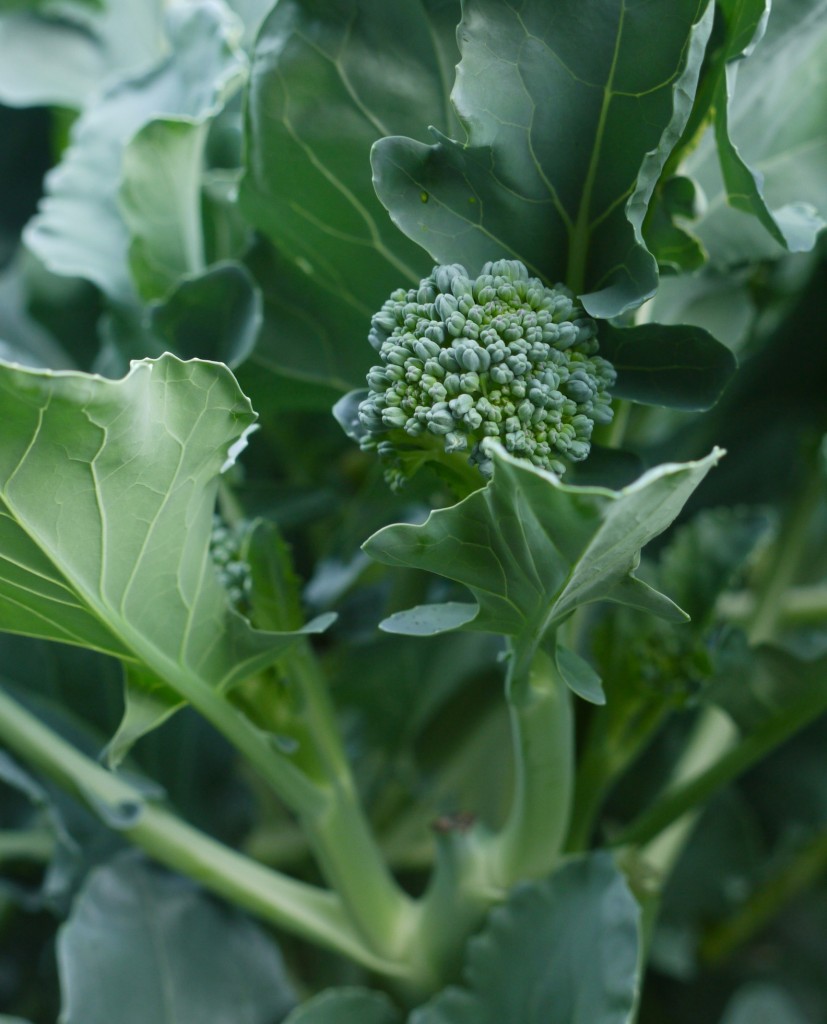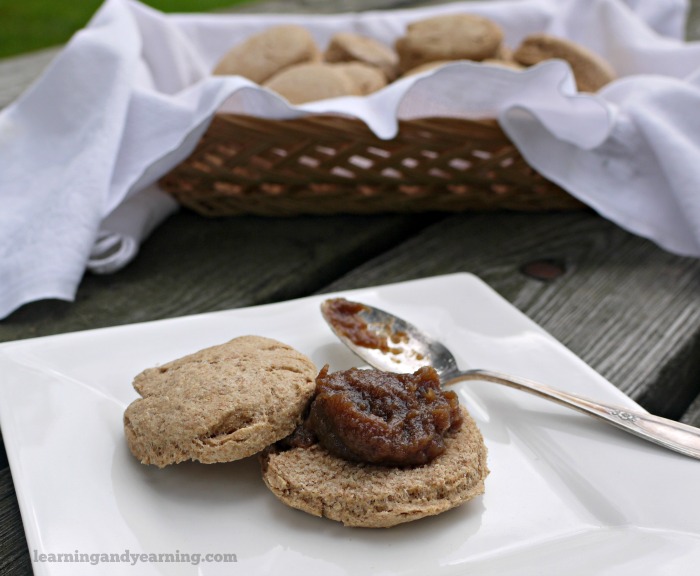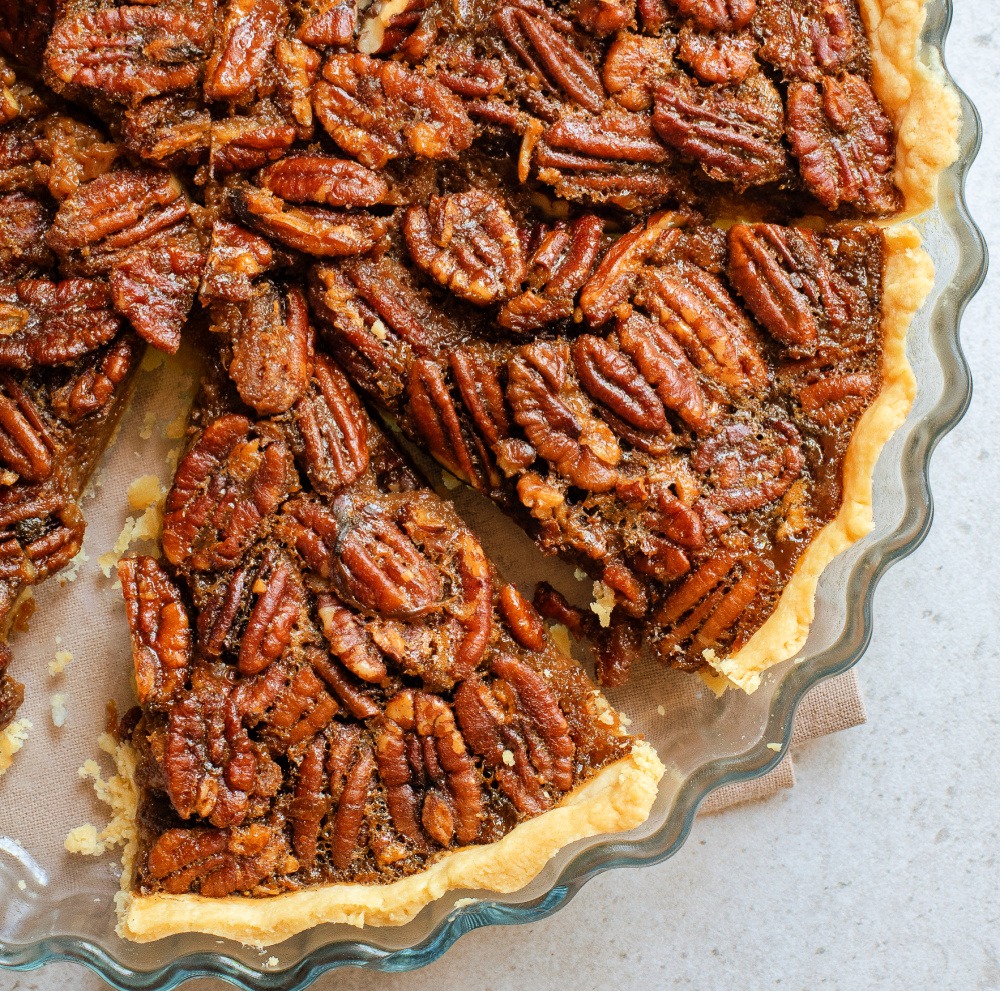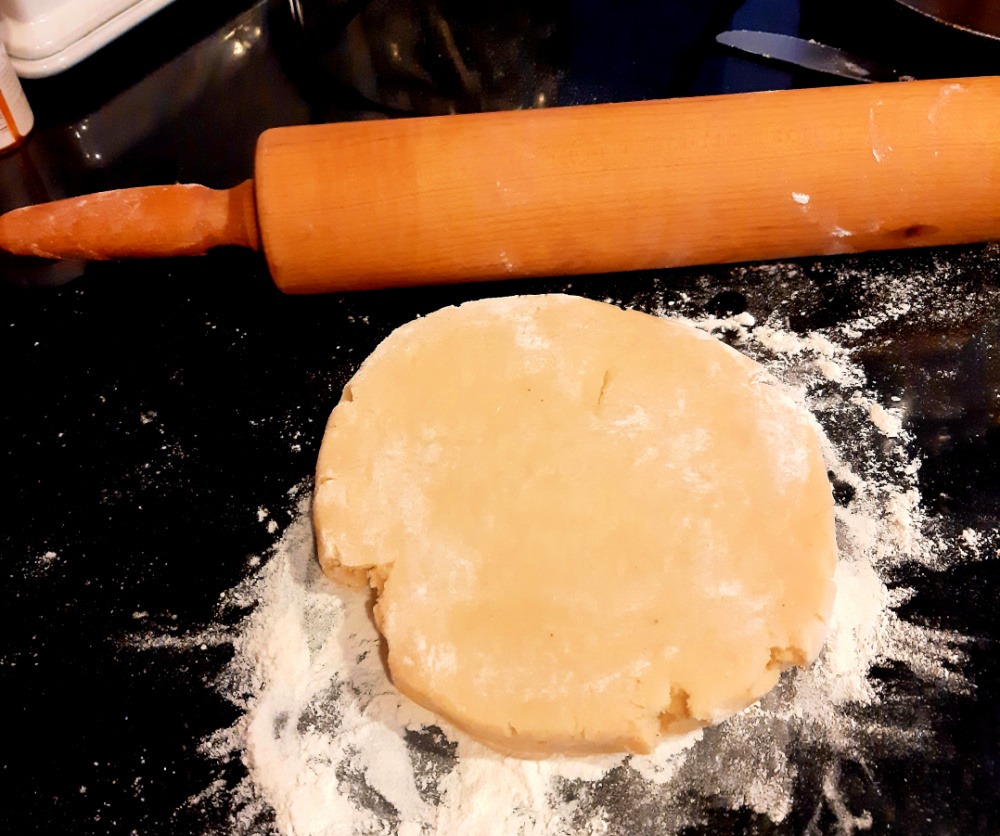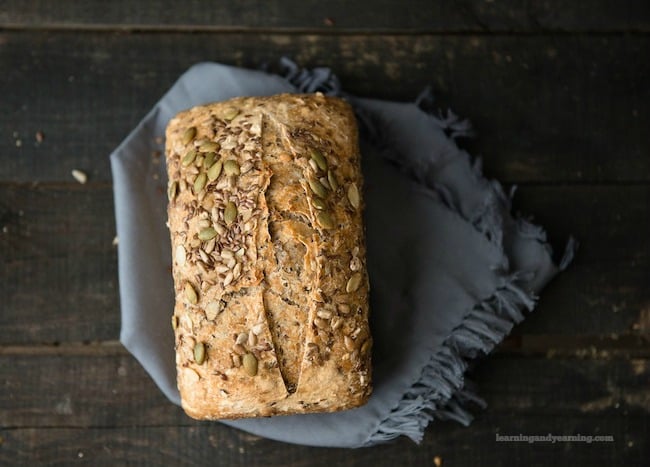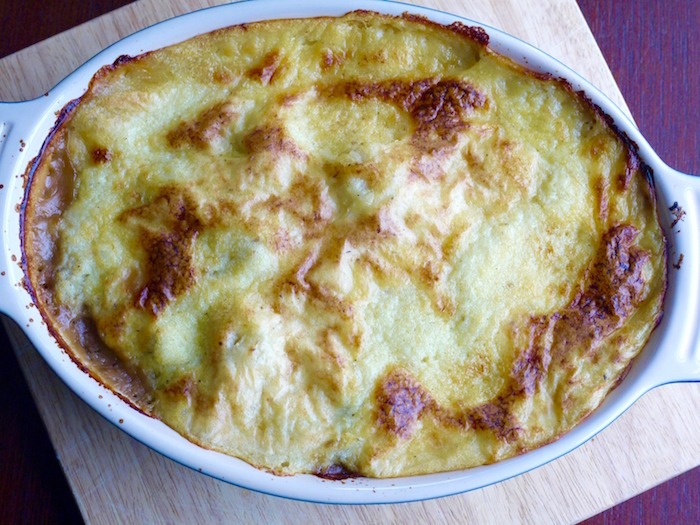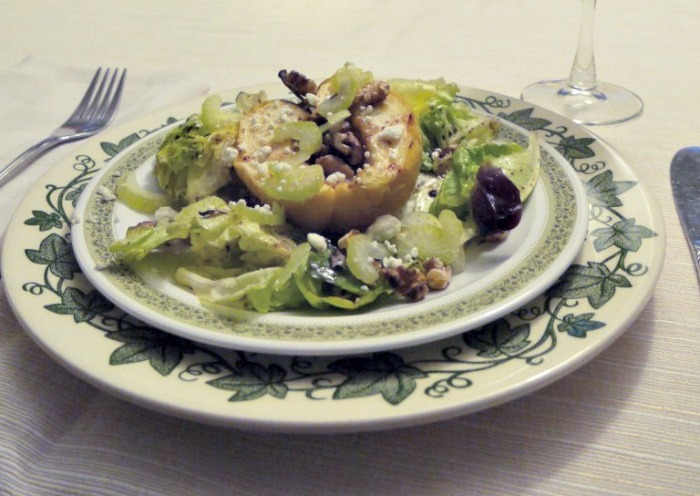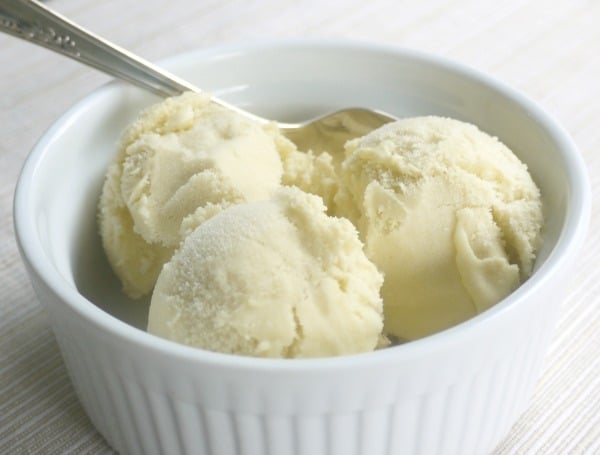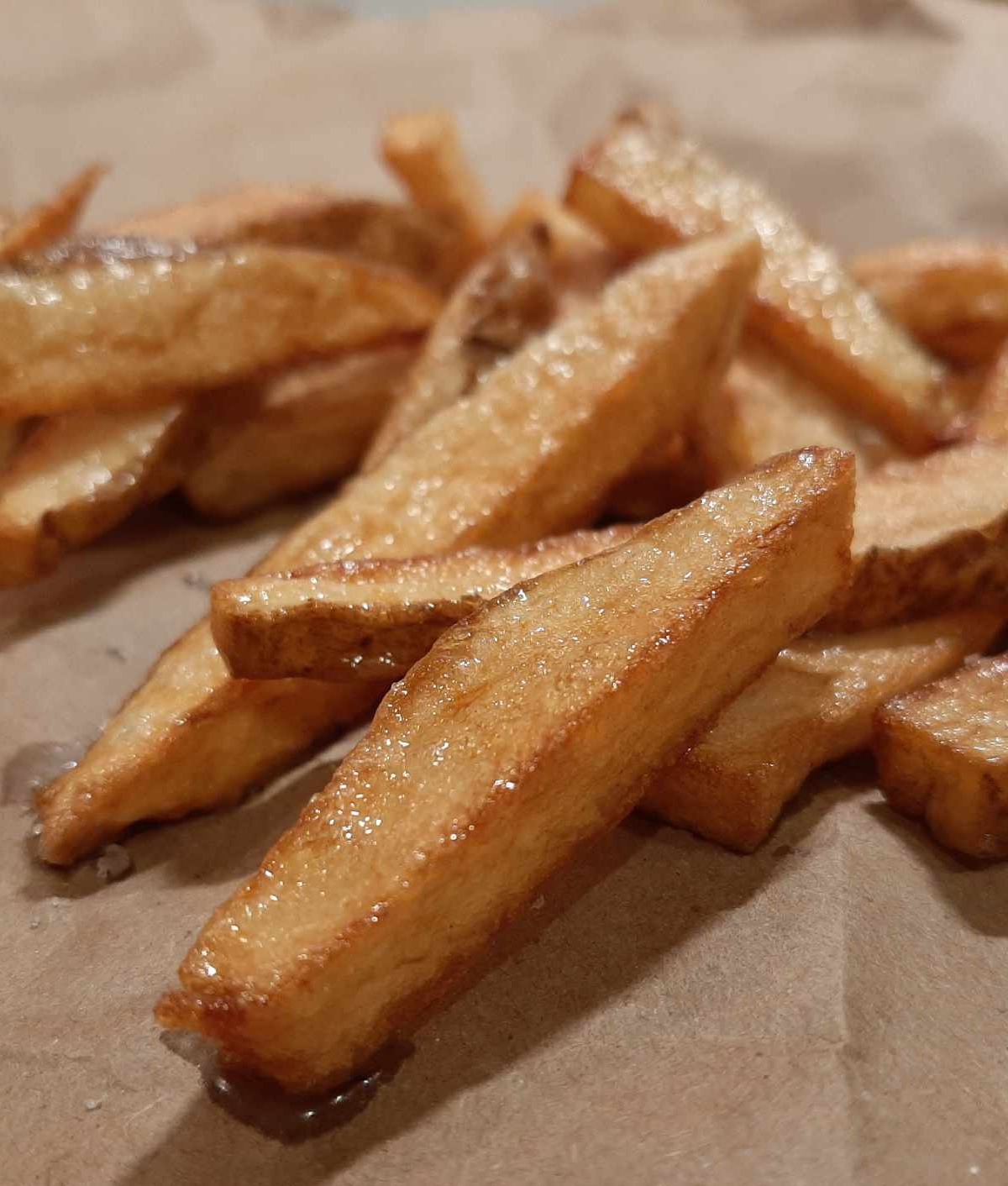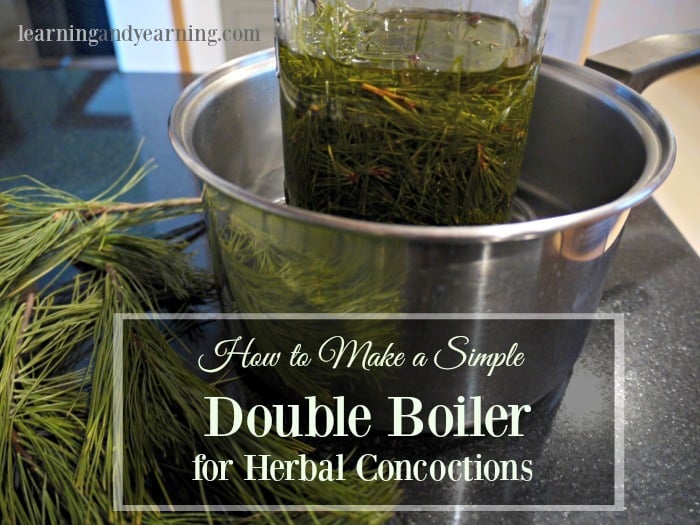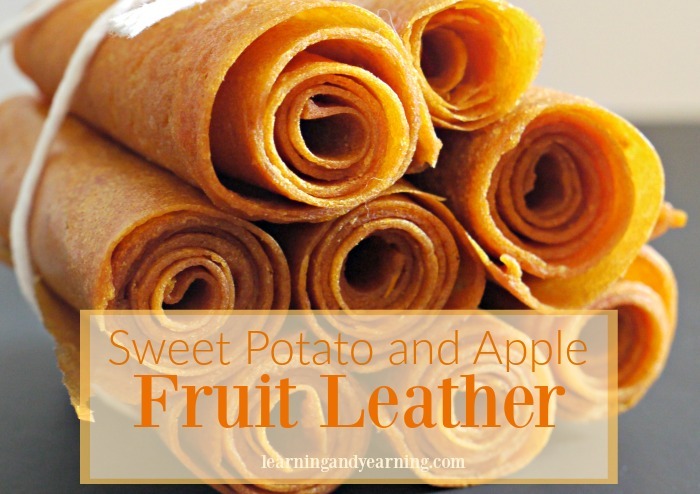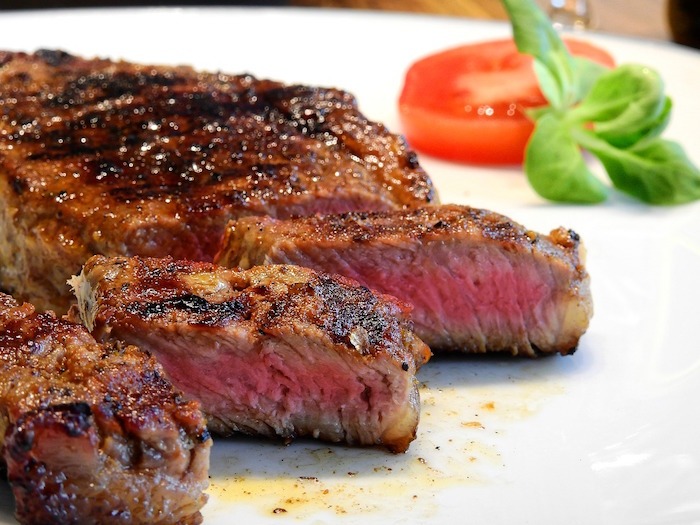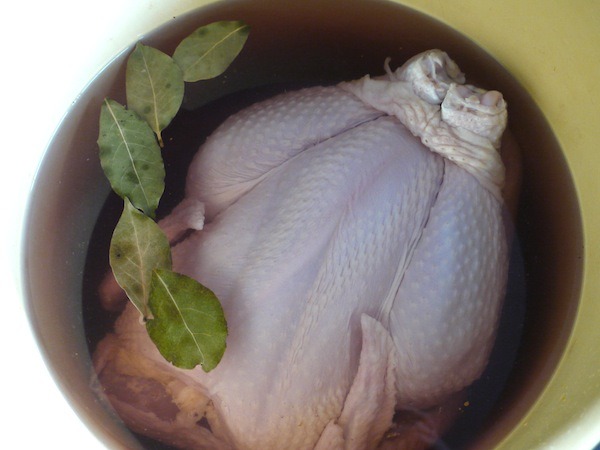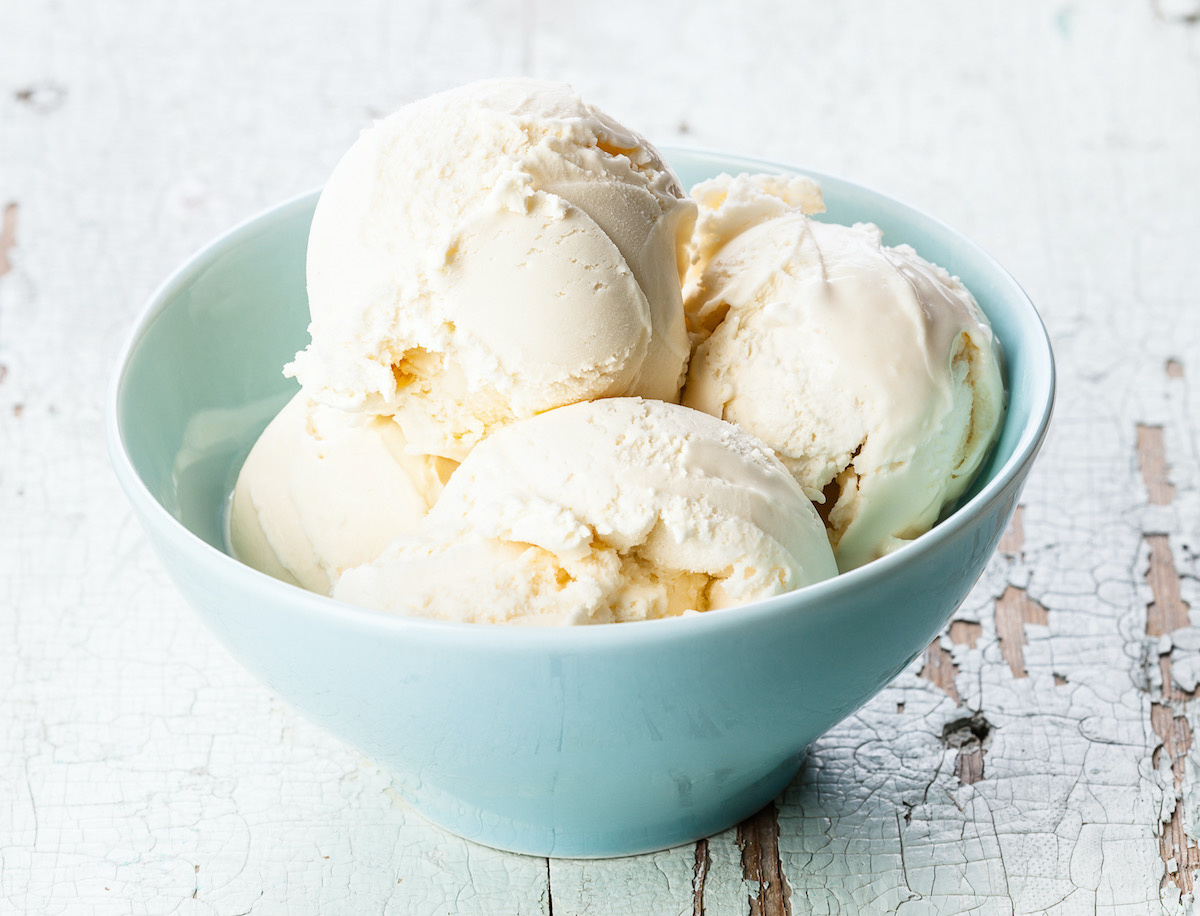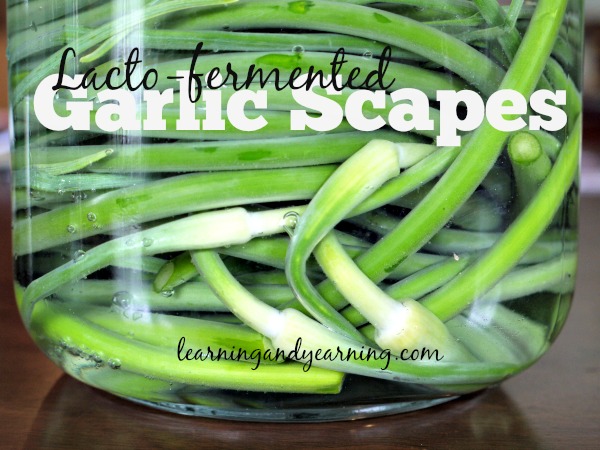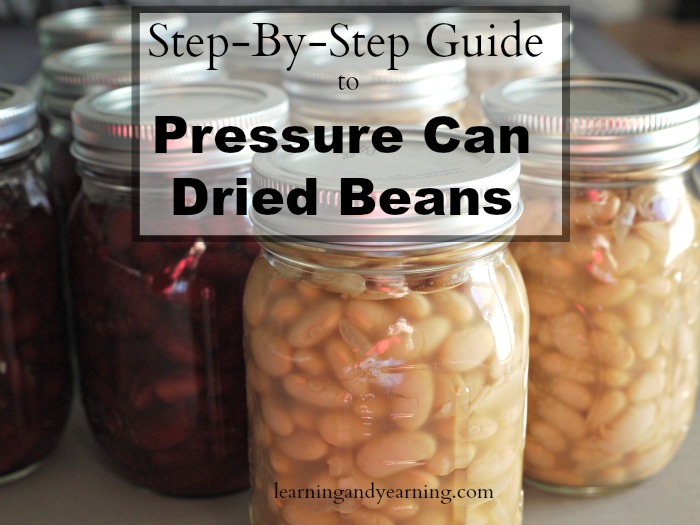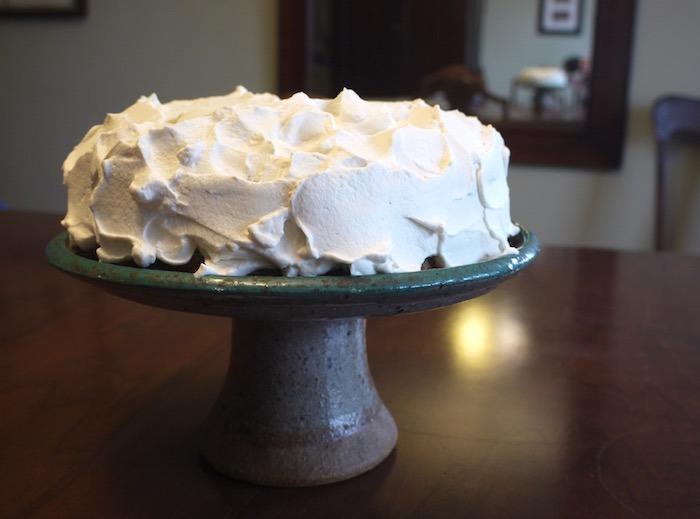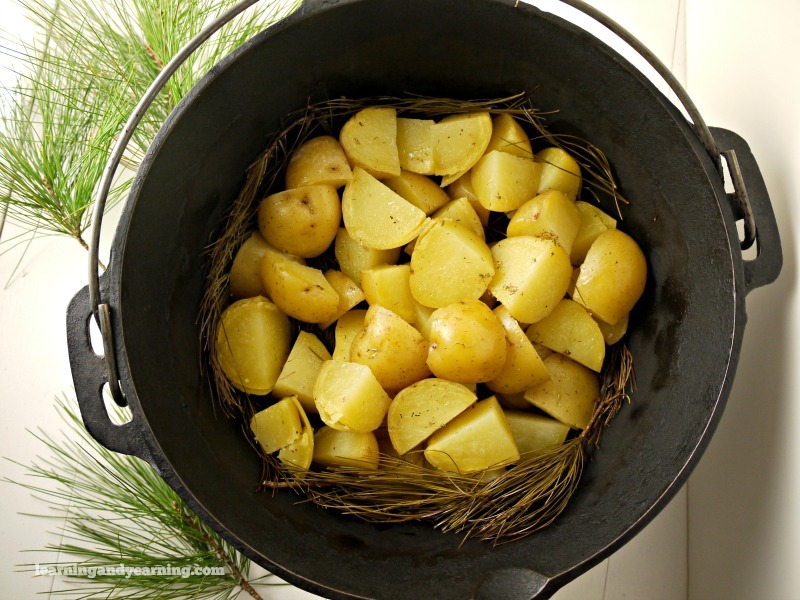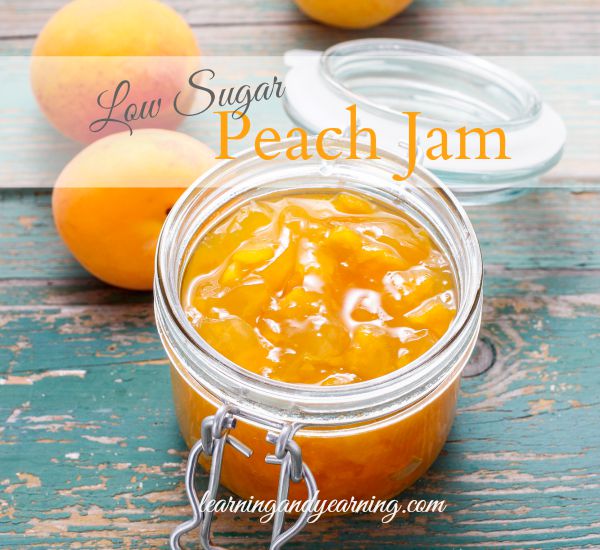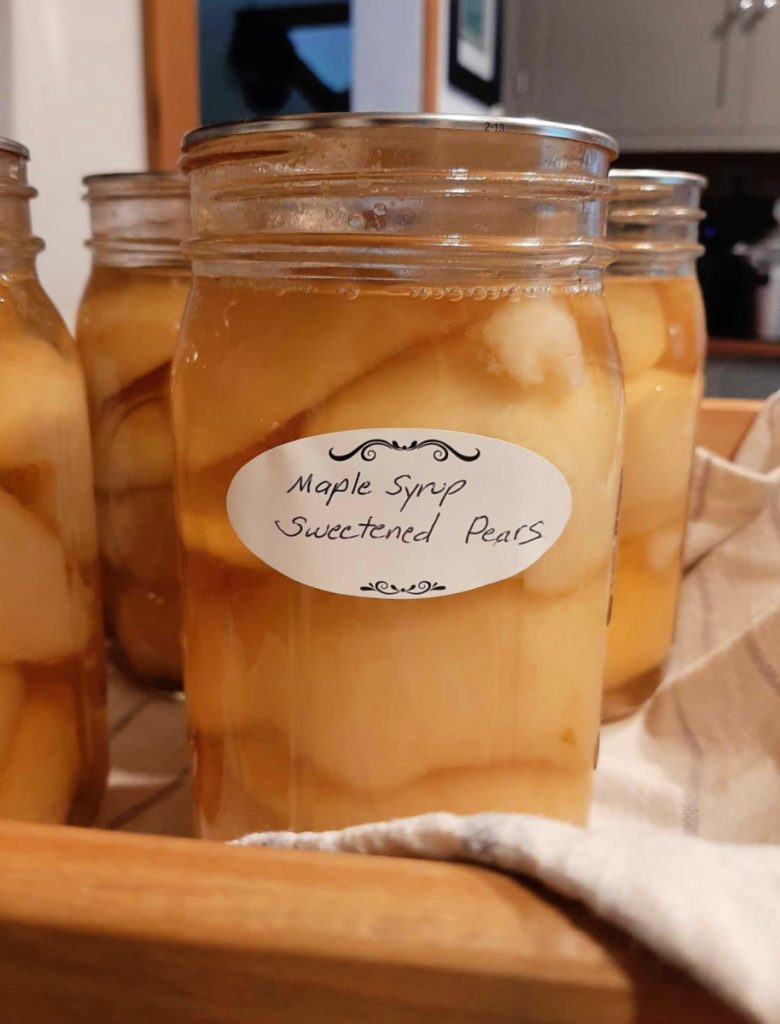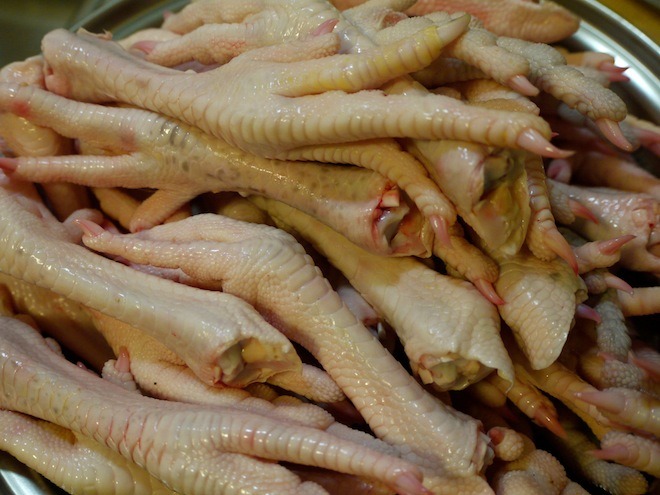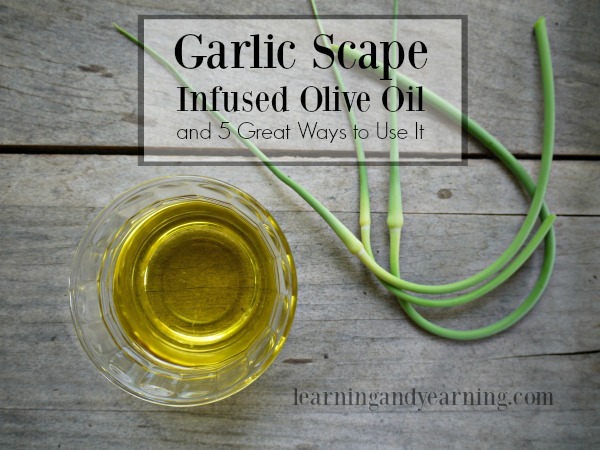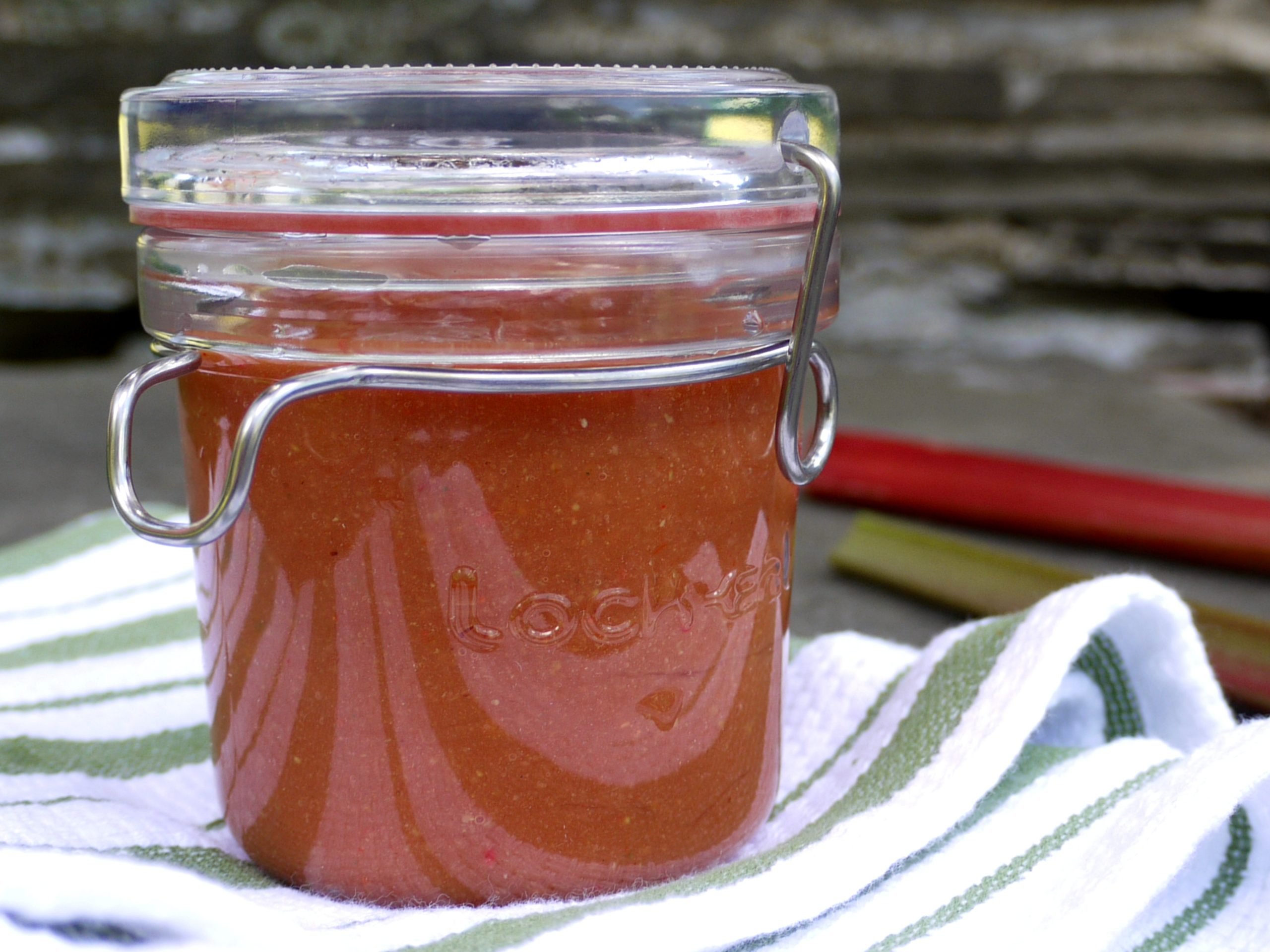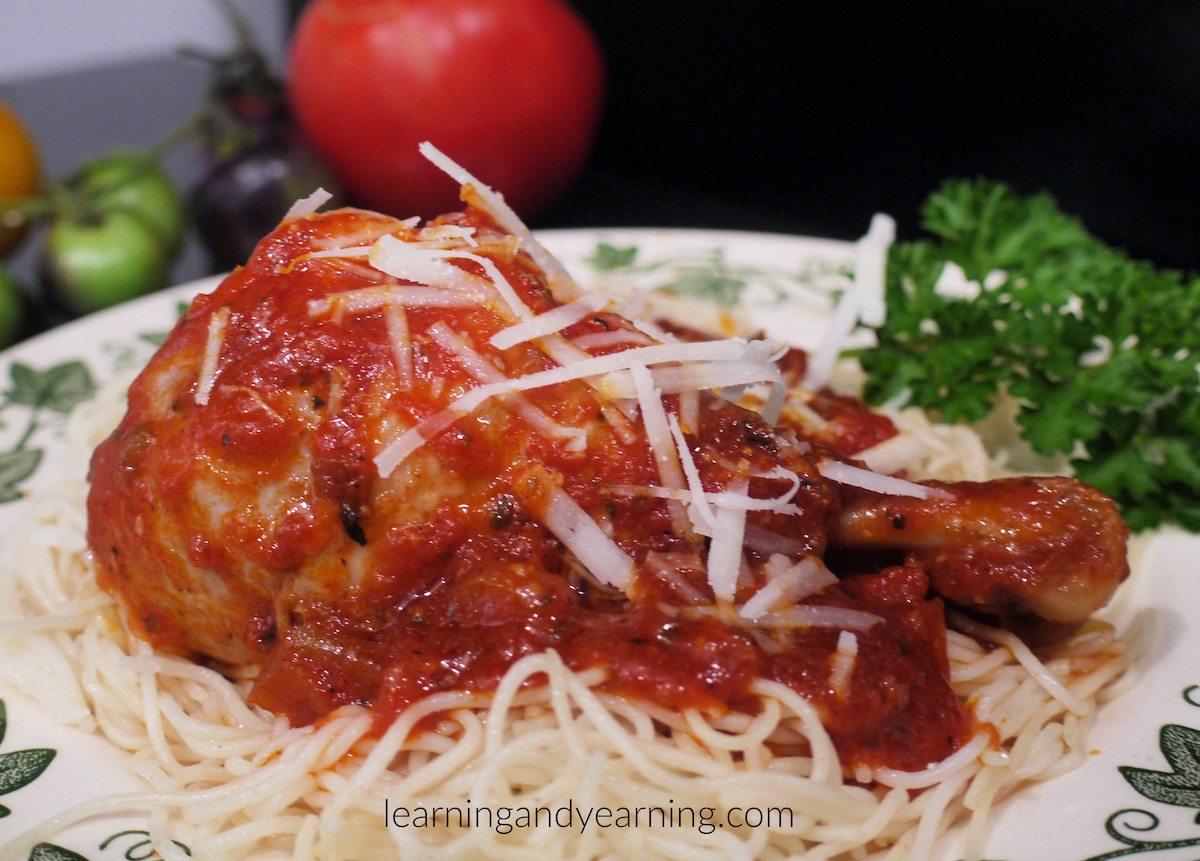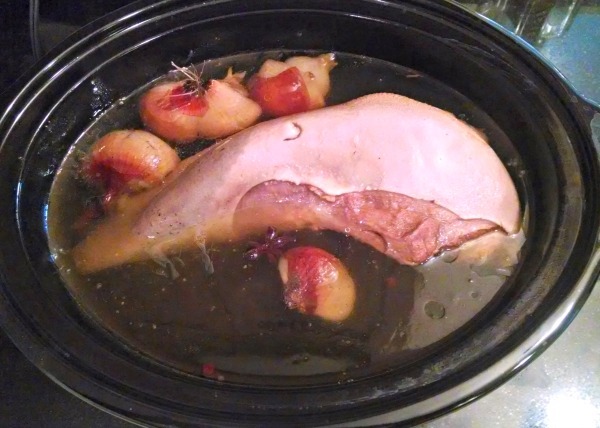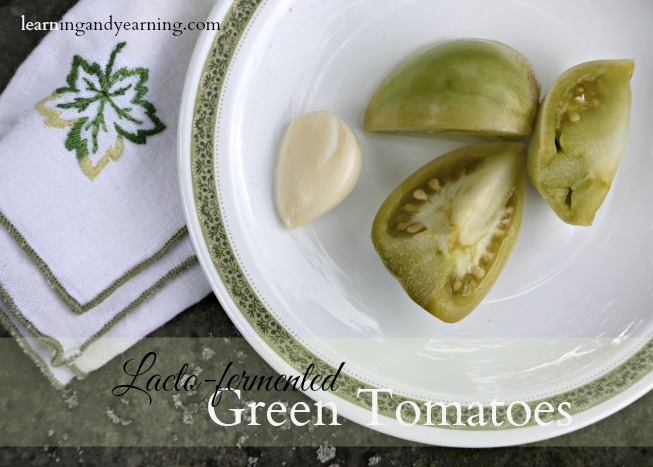If you’re a gardener, you have zucchini coming out of your ears right about now. You’ve made bread, and grilled it, stir-fried it, stewed it, and pickled it. And you go out to the garden every morning, and there’s more. What’s a girl to do?
How to Dehydrate Zucchini
Freezing it is a good option, but I personally like to save my freezer space for venison and the meat we purchase from local farms. So I prefer dehydrating zucchini for winter use. It’s a lot easier than freezing, too.
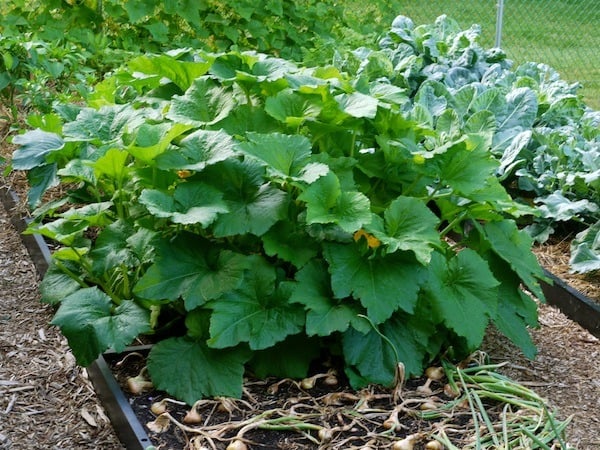
Zucchini is always best when harvested before seeds begin to form. Occasionally, you’ll miss one, and it will get ginormous. Those are ones to leave on your neighbors porch while they’re sleeping!
To prepare your zucchini for dehydrating, wash it, and remove any seeds that may have formed. Zucchini may be cut into slices, diced, or shredded before dehydrating. Blanching is not necessary.
Zucchini that is cut into thin slices, around 1/8″ thick, may be salted, or seasoned, dried until crisp, and used as chips for a nice treat.
Simply layer the zucchini, however you’ve cut it, into your dehydrator and dry at 125°F/52°C until completely dry. I love my 9 tray Excalibur dehydrator because with 15 square feet of space, I can pack of lot of zucchini in there and it all dries evenly and thoroughly.
Zucchini can also be dehydrated in an oven at a low temperature – preferably not above 150°F. Check every hour or so for dryness and remove from the oven when completely dry.
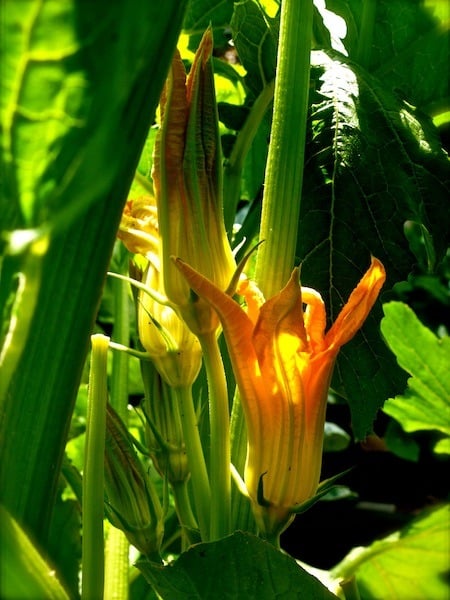
I prefer to dice my zucchini for dehydrating and use it during the winter months in soups, stews, and even in chili. Sliced, or grated may be used the same way.
Conditioning Dehydrated Zucchini
Next, condition your dehydrated zucchini. This is a process that ensures that the moisture in your dehydrated food has even moisture levels so that mold will not form.
To condition your dehydrated zucchini, place it in a ziplock bag or glass jar that has extra room in it. Shake the bag or jar daily and look for signs of moisture – this might be condensation, or perhaps the scapes are sticking together.
If you observe any signs of moisture, return the zucchini to your dehydrator for more drying time. After several days of no moisture you may store your dehydrated zucchini.

Storing Dehydrated Zucchini
Store your dehydrated zucchini in an airtight container such as glass, freezer bags, or vacuum-seal. When the dried zucchini is first placed in its container, keep it where you can keep an eye on it for 24 hours or so to be sure there is no condensation and it is completely dry. They store in a cool, dark place. Dehydrated zucchini is best used within a year, but under ideal conditions can keep up to five years.
Dehydrated zucchini may also be reconstituted before using by soaking it in equal parts of water for up to 2 hours depending on how large your pieces are.
What’s your favorite method of preserving zucchini for winter use?
Other Posts You’ll Love
The Shelf Life of Dehydrated Foods
Make Your Own Garlic Powder and Other Ways to Preserve Garlic
The Forager’s Guide to Harvesting and Drying Herbs and Plants
A to Z Guide to Dehydrating Vegetables
Dutch Oven Cooking: Zucchini Bread

